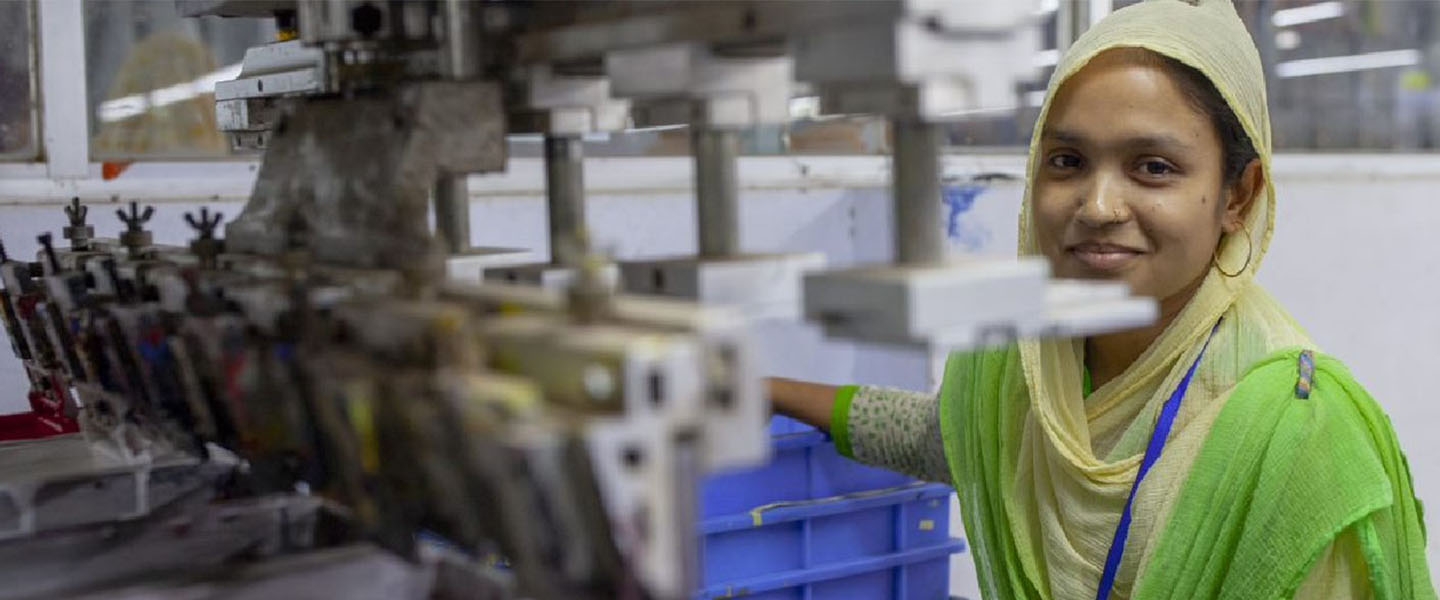The IDA18 regional sub-window for refugees and host communities provides $2 billion of dedicated funding to help low-income countries hosting large numbers of refugees.
This funding recognizes the significant challenge that these countries face in pursuing their own development goals while accommodating refugees, often in areas where local communities themselves lack basic services and resources.
Support will be provided during the 18th replenishment period (July 1, 2017 to June 30, 2020) under the regional program within IDA, the International Development Association – the World Bank’s fund for the poorest. This is in addition to regular allocations for each country’s national development.
Objective
The sub-window underpins the development approach to forced displacement, supporting commitments by host governments to enact policy change and address the social and economic dimensions of refugee situations. Funds are provided on more favorable terms for medium-term investments that benefit both refugees and host communities. Financing from the refugee sub-window is provided on 100 percent grant terms for countries at high risk of debt distress and on 50 percent in grants and 50 percent in applicable credit terms for countries at moderate and low risk of debt distress. In addition, where projects will only benefit refugees and not host communities (e.g., economic integration of refugees in local labor market), on a case by case basis, funding from the refugee sub-window for moderate and low risk of debt distress countries could be considered in 100 percent grant terms.
Eligibility
To be eligible, countries supported by IDA need to:
- host at least 25,000 refugees, or refugees must amount to at least 0.1 percent of its population;
- have an adequate framework for the protection of refugees; and
- have an action plan or strategy with concrete steps, including possible policy reforms for long-term solutions that benefit refugees and host communities.
Fourteen countries were deemed eligible to access financing in November 2018. Five countries—Burundi, Burkina Faso, Democratic Republic of Congo, Mauritania, and Rwanda—have become eligible for assistance in November 2018, in addition to Cameroon, Chad, Republic of Congo, Djibouti, Ethiopia, Niger, Pakistan, and Uganda in September 2017, and Bangladesh in June 2018.
Programming
The World Bank is working with governments to prepare projects and deliver sustainable solutions that best meet their needs. Overall, interventions will aim to:
- make a shift from crisis response to managing risks;
- support host communities and lagging regions;
- move towards social and economic inclusion; and
- take regional and country-level approaches.
Priority initiatives would include projects that: (i) promote refugees’ welfare and inclusion in the host country’s socio-economic structures; (ii) support legal solutions and/or policy reforms with regard to refugees, e.g., freedom of movement, formal labor force participation, identification documents and residency permits; (iii) help ensure access and quality of services and basic infrastructure to refugees and host communities; (iv) support livelihoods in host community areas, tailored to the needs and constraints of refugees and host community members; (v) support policy dialogue and activities to facilitate and ensure the sustainability of return where refugees go back to their country of origin; and (vi) strengthen government finances where these have been strained by expenditures related to their hosting responsibilities.”

